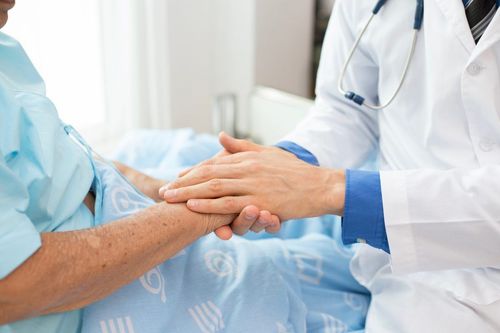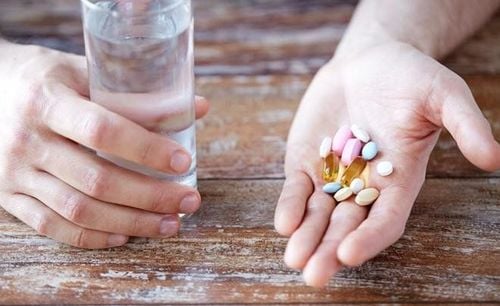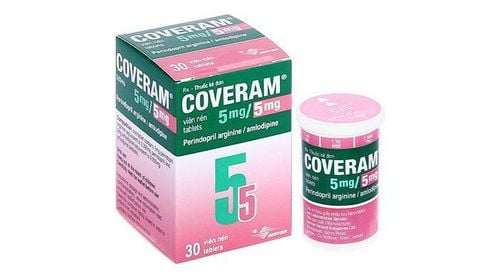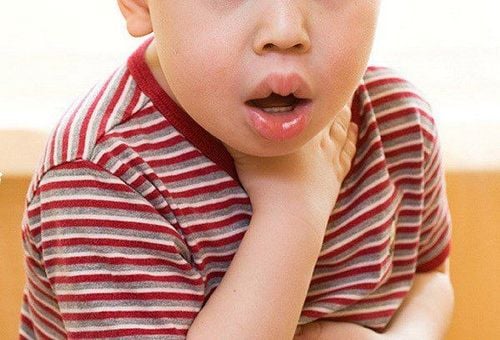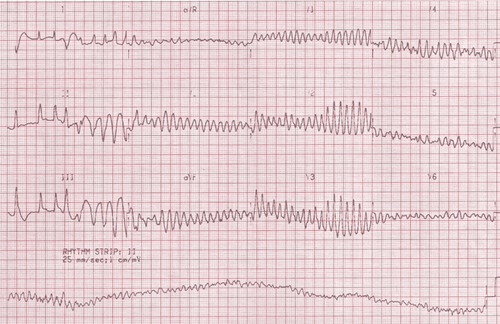This is an automatically translated article.
Repair or replace artificial heart valves are major surgery and to achieve the best results, it should be combined with proper nutrition and post-operative care. Eating healthy will help prevent other heart problems and help the body increase resistance and adapt to the new heart valve. So what should patients after heart valve replacement not eat, what foods should be avoided?
1. Processed meat
On the market, there are many delicious and eye-catching processed meat products such as: sausages, bacon, other cold cuts... These products are very popular with everyone and often appear in the market. However, for those who have just replaced the heart valve or have cardiovascular disease, the amount of preservatives such as salt and nitrate in meat can make the heart condition worse.
2. Foods containing refined carbohydrates
"What to eat after heart valve replacement?". The answer is foods that contain a lot of refined carbohydrates such as: white bread, white rice, sugar and sweeteners... They appear in many diets but often do not bring any health benefits. strong.
Specifically, in the processing of these foods, manufacturers have removed good ingredients such as: Fiber, fatty acids, minerals... and added unhealthy trans fats like sodium and sugar. Advice for people after heart valve replacement may consider switching to a whole grain diet.
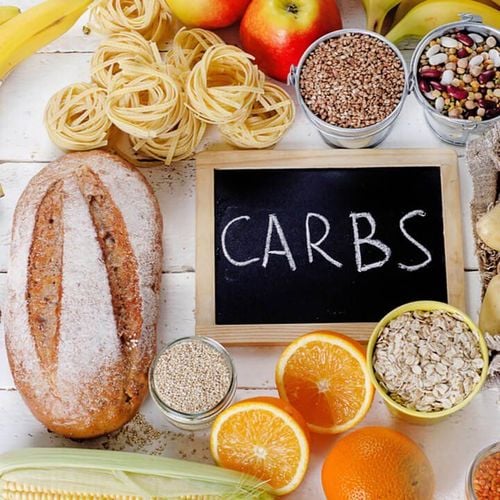
“Sau thay van tim kiêng ăn gì?”. Câu trả lời là các thực phẩm chứa nhiều carbohydrate tinh chế như: Bánh mì trắng, gạo trắng,...
3. Tea and coffee
In fact, a lot of people have a habit of using tea and coffee to be more alert and refreshed. But if you have determined that you have the disease, you should limit these 2 drinks.
The reason is because tea and coffee often contain caffeine, which stimulates the nervous system and causes physiological activities in the body to change. In addition, there are 3 other stimulant ingredients in tea: theophylline, theobromine, and L-theanine. After heart valve replacement, although the cardiovascular function has been more stable, it is also advisable to limit substances that make the body feel rapid heartbeat, palpitations such as tea and coffee.
4. Alcoholic beverages
Not only for cardiovascular conditions, but for many diseases in general, doctors recommend limiting the use of alcoholic beverages such as wine and beer.
Drinking a lot of alcohol can cause many harmful effects on important organs such as the liver, kidneys, pancreas and even the heart and brain. People with pre-existing heart disease or recent heart valve replacement should avoid alcohol, as they can cause arrhythmias and worsen other symptoms.
5. Soft drinks, carbonated drinks
Soft drinks and carbonated drinks often cause the same bad effects on the cardiovascular system as refined carbohydrates because they contain very high sugar content.
Moreover, the amount of calories that you "intake" through drinks is also more difficult to control and calculate than food, making it easy for you to gain weight quickly. Therefore, people with heart disease, people who have just replaced heart valves should avoid consuming these unhealthy drinks.
6. Do not eat foods with a lot of salt
"What to fast after heart valve replacement?" Not only people with cardiovascular diseases in general, but also normal people should actively limit their daily salt intake. If the body absorbs too much sodium, it will increase blood pressure, increase the burden on the heart and make heart health worse.
According to the recommendations of the World Health Organization WHO, the total amount of salt consumed per day should be from 2–4g. The advice is to reduce the amount of salt in dishes and limit the consumption of canned or processed foods.
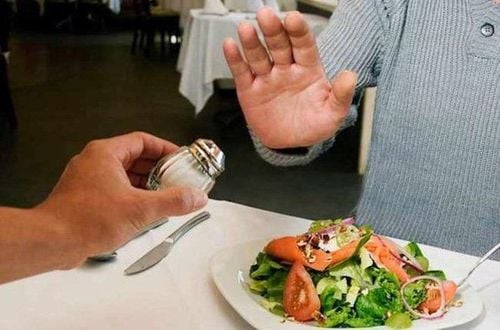
Sau thay van tim cần kiêng ăn các món nhiều muối, ăn mặn
7. Food and medicine containing Vitamin K
The last and most important thing, people who have prosthetic heart valves absolutely do not use vitamin K in the form of new drugs, to avoid the risk of blood clots in the heart valves. In addition, if the patient absorbs a large amount of vitamin K suddenly, it can also affect the effectiveness of anticoagulants.
Some foods rich in vitamin K such as: mayonnaise, bean sprouts, soybeans, cabbage, fresh lettuce, fresh onions, fresh leaves of vegetables, parsley, fresh radishes; watercress, fresh spinach leaves. Foods that contain moderate amounts of vitamin K: Pears, asparagus, fennel. It is important for the patient to keep a stable diet, so the amount of vitamin K loaded into the body also remains stable, not too harmful to the body.
In general, the period after replacing the artificial heart valve, the patient needs to pay special attention to nutrition and health care. In order for the body to adapt and recover faster, the patient should adhere to the doctor's prescription for anticoagulants, exercise regularly, and undergo periodic health checks. If you find any abnormalities such as chest pain, shortness of breath, you should immediately seek medical attention at a reputable hospital or center.
Through the above article, the patient may have found the answer to the question "What to fast for heart valve replacement?" . Hopefully, adjusting your diet and healthy lifestyle will help you recover soon and strengthen your heart health, gradually improving your quality of life.
Please dial HOTLINE for more information or register for an appointment HERE. Download MyVinmec app to make appointments faster and to manage your bookings easily.





